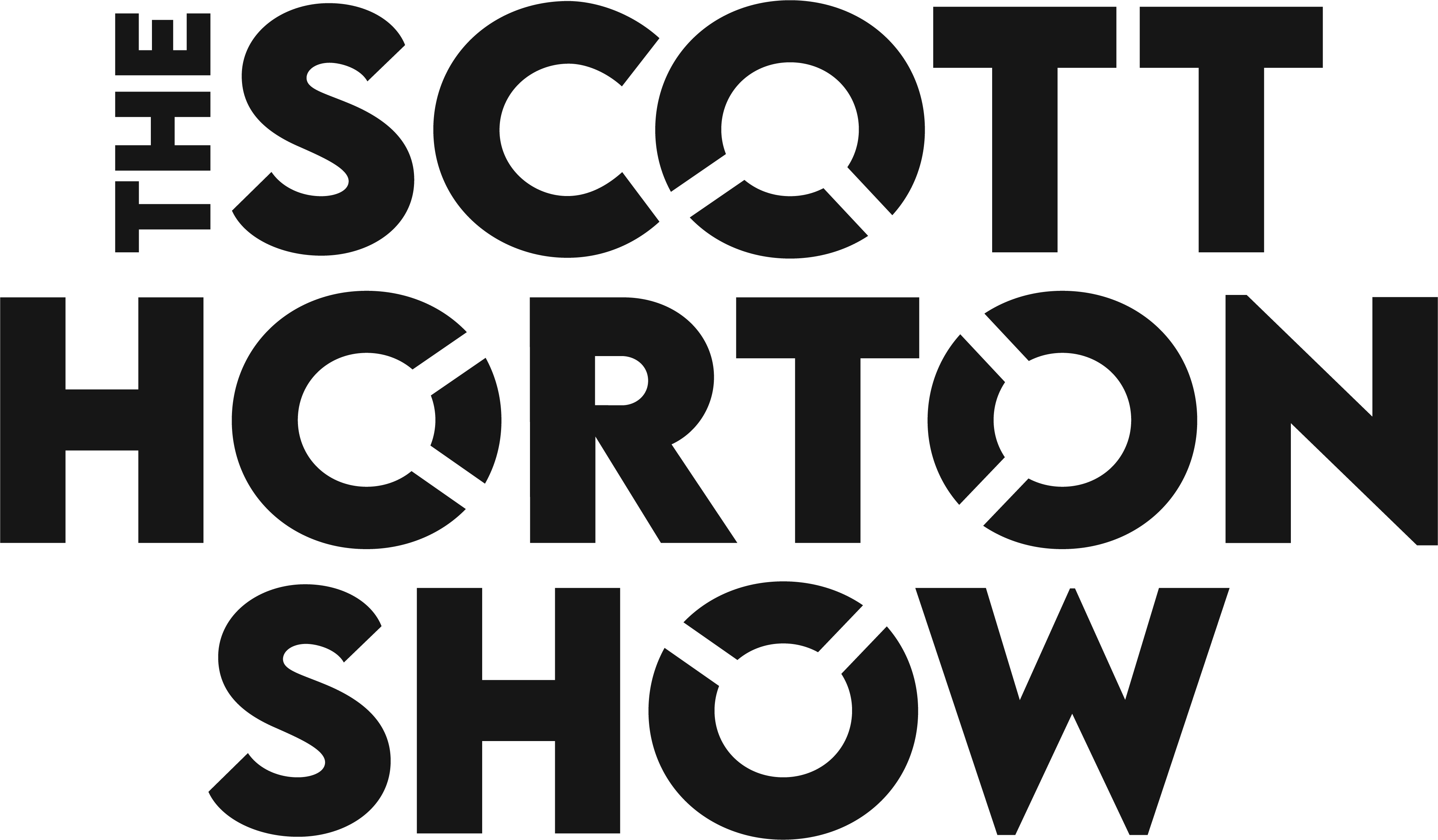I sure miss having Tim around all the time. He writes great stuff, like this comment he added to the Justin interview entry:
I thought that as a ‘thought experiment’ I’d try to assess whether the neocon movement has been a benefit or a cost to the ’right wing’ defined broadly as the general movement of moderates, conservatives, libertarians and social conservatives.
First let’s go back to the beginning. When the neocons first emerged, the original generation were either ‘trotskycons’ or right wing (a.k.a. hardline anti-communist) social democrats, they were welcomed by the right on an ‘enemy of my enemy is my friend’ basis. Back then (circa late 1970s – early 80s) with left / new left domination of campuses etc much greater than it is now, conservatives, libertarians and right wingers needed whatever allies they could get. They certainly felt that way. I’m old enough to remember. So from a strictly partisan political calculus they weren’t always bad news.
But the neocons never really shed their socialist spots however. Granted, they did, after moving right, water down their support for the welfare state somewhat but mainstream liberals / social democrats have had to do that too. It’s easier to grow the government sector from 20% of the GDP to 40% than from 40% to 80%. So sheer arithmetic, yet alone economics, forced the 1980s slowdown of welfarist expansion that had been going on since the Great Depression. This impacted most western countries about the same time including those with dominant social democratic parties.The neocons may have picked up more ’free enterprise’ talk after their defection from the left, but the mainstream liberals / social democrats (world wide) have been forced into that position too. No one is really out there honestly pushing for nationalisation and central planning anymore. It’s really a dead idea. So it’s not clear, that on the domestic policy side, whether there were any gains to the conservative / right wing agenda at all from the neocon influx. Except maybe one’¦
They may have helped other right wingers weaken and undermine the ’political correctness’ iron curtain that the now aging and bureaucracy / academia entrenched new left and it’s offspring wanted to build. That PC curtain is still around to some extent, and could grow back, but it has a lot more holes in it now than it did in the 1980s. The neocons may have made a positive contribution to that fight, mainly because being at core leftists themselves, they speak the same language. Yet they have absorbed some of the PC language making it there own and, like the new left PC-ers before them, using it for their own purposes. In particular they have their radar up and on eternal prowl for any and every whisper of ‘anti-semitism’ by which they mean ‘anti-israelism’. So even here their net contribution is at best zilch or negative.
Turning to the foreign policy front you need to asses their influence in both the Cold War era and post Cold War separately.
In the Cold War period they mainly acted as reinforcements for a pre-existing Buckleyite Goldwater generation of ‘New Right’ hawks. Whether or not this was ’helpful’ or not depends on your assessment of the reality of the Soviet threat. Although people are more skeptical now, the best face I can put on this was that there did seem to be a period in the late 1970s to early 1980s when the Soviets did seem to be moving ahead of the US in military industrial power after decades of inferiority. The US had ’lost Vietnam’ and some imagined a ‘window of vulnerability’. This was probably mostly hot air but there were some genuine concerns.
For example, when the USAF analyzed the relatively poor performance of the US equipped Israeli Air Force in the 1973 Yom Kippur War and extrapolated the results to western Europe, it was estimated that the USAF / NATO air forces in West Europe would be lucky to survive 2-3 weeks in a full on conventional air war.
Whether or not this ‘late’ Soviet threat was genuine, it had certainly run out of steam once the new generation of US weapons (many microprocessor controlled) arrived on the scene later in that decade. The Soviets just couldn’t keep up with these qualitative technological advances, and despite major quantitative expansions of their military industrial production and budget. They knew they were falling behind and the cost was now seriously eating their economic base.
So the neocons just might (just) have helped here against this maybe possible threat. However this is really something of a ‘broken clock is right twice a day’ type of correctness rather than a product of deep thinking. If you keep ringing the alarm bell eventually one of your alarms may turn out not to be false. Of course excessive and overblown alarmism may undermine the public and the political class’s ability to distinguish genuine threats. So it’s possible that their cold war contribution was negative too, even if assume the Soviet threat was genuine.
And as for their ’contribution’ in the post-Cold War era, that has been so entirely negative, it’s hardly worth discussing. After this assessment it’s hard not to conclude that they have contributed nothing of benefit.



